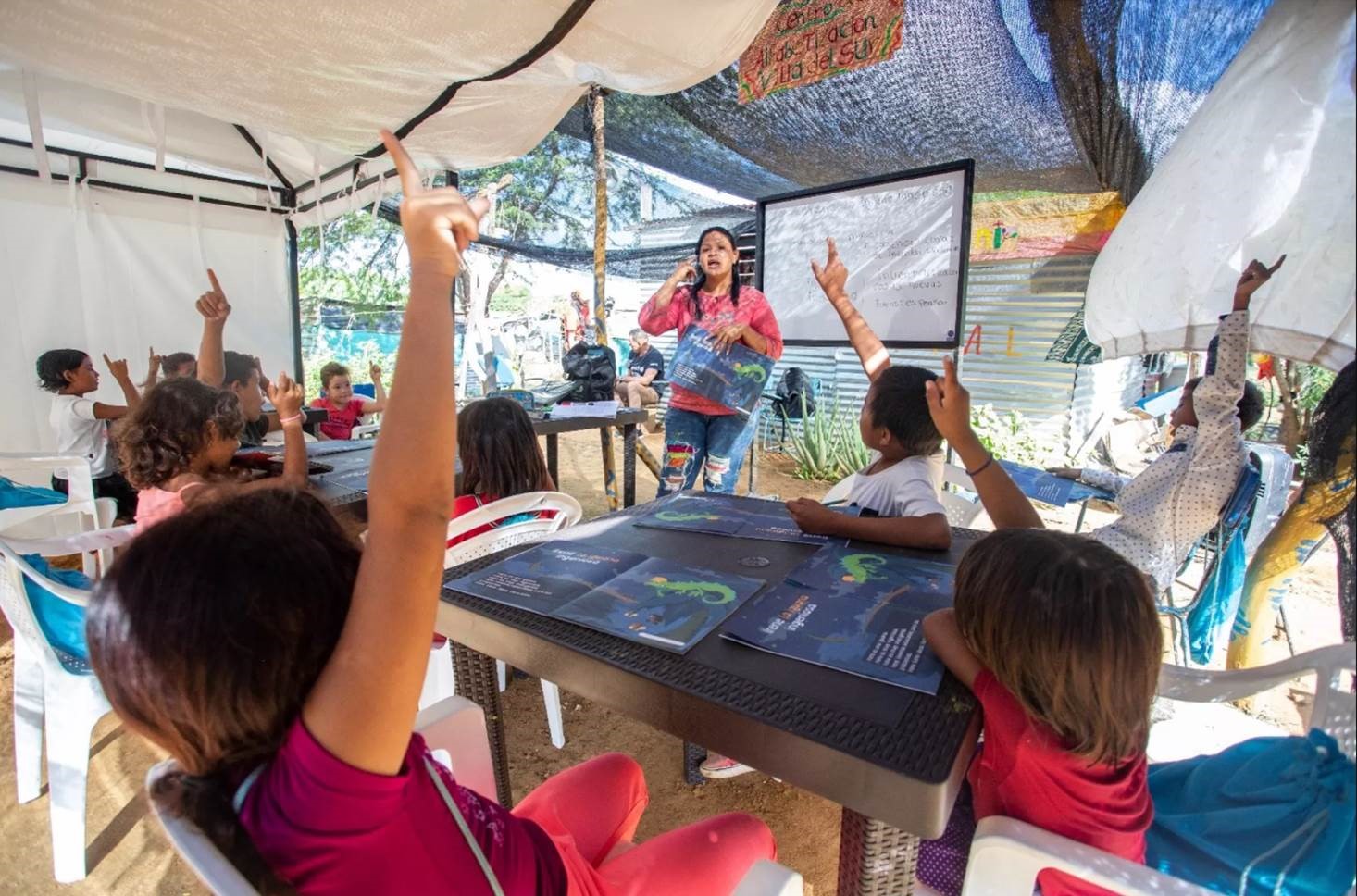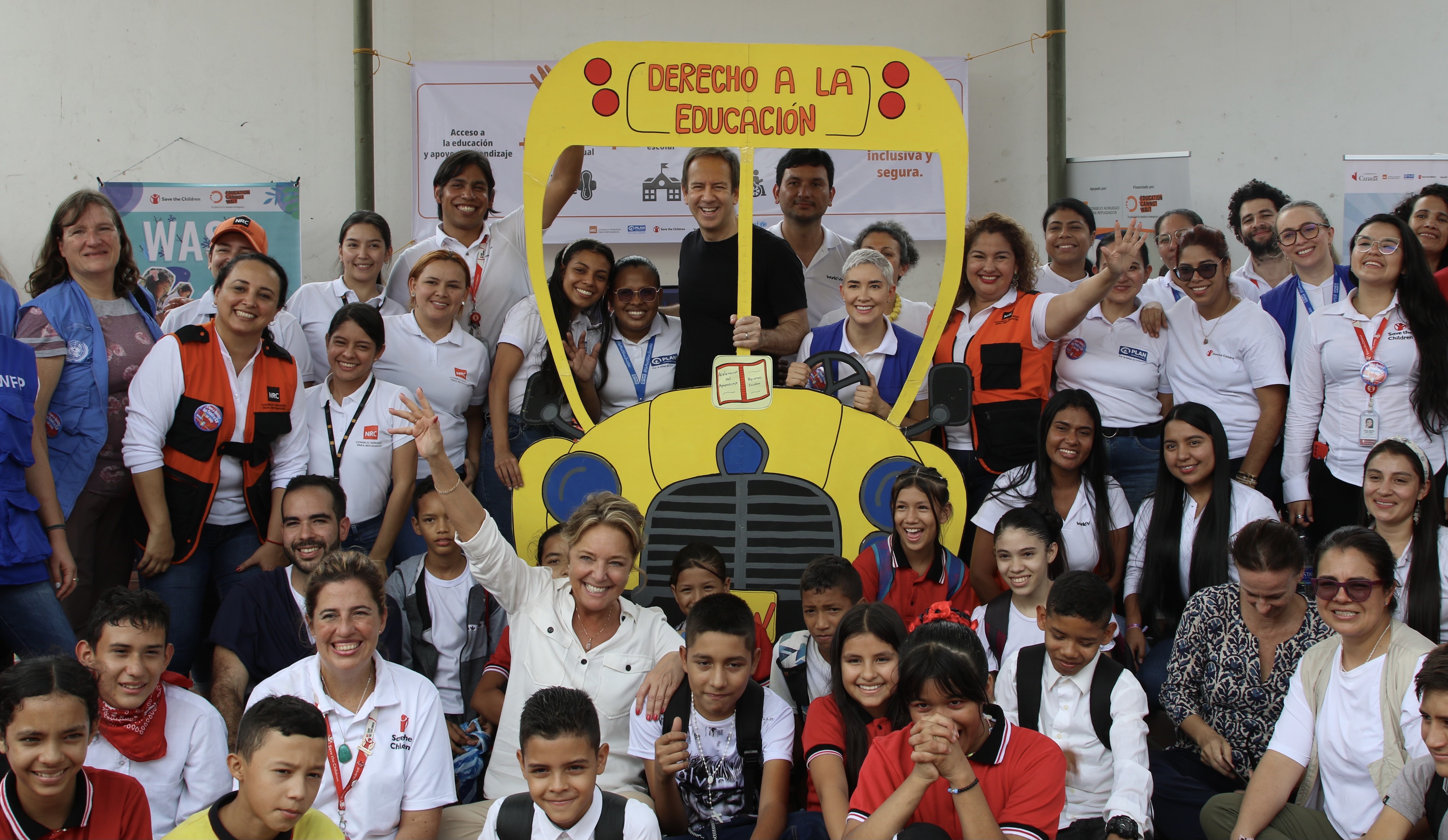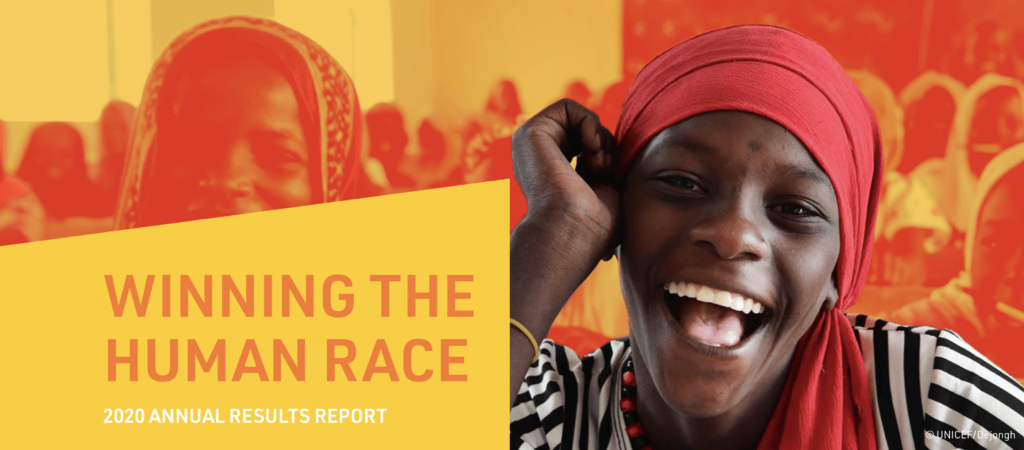Education Cannot Wait Approves US$27.2 Million for Venezuelan Refugees and Host Communities in Colombia, Ecuador and Peru
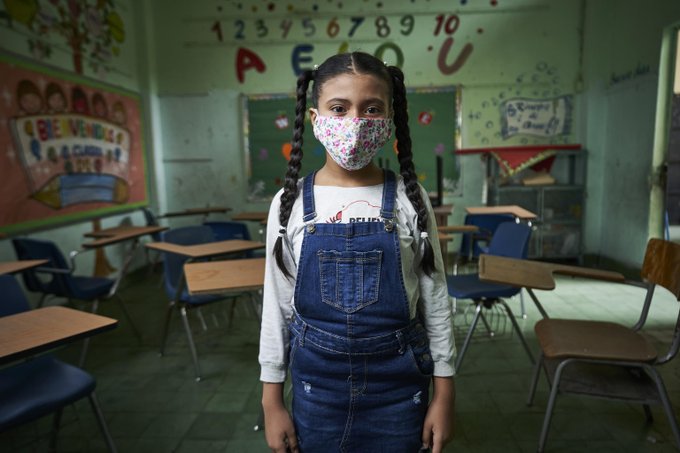
These multi-year education in emergency and protracted crisis responses will reach over 350,000 refugee, migrant and host-community children and youth to ensure continued access to inclusive and equitable quality education
In response to the ongoing situation forcing Venezuelans from their homes, Education Cannot Wait (ECW) announced today US$27.2 million in catalytic investment grants for multi-year resilience programmes in Colombia, Ecuador and Peru; these countries are receiving large numbers of children and their families fleeing violence and instability in Venezuela. The three-year education multi-year resilience programmes will reach over 350,000 Venezuelan and host-community children and youth.
“The dire situation in Venezuela has tragically forced approximately 5 million refugees and migrants, as of March 2020, outside their country of origin, and millions of girls and boys out of their schools, to seek safety in other countries in the region. These children and youth can now continue their education in their host communities, and this provides them with protection and hope in their future. This is precisely what they need now. Their education cannot wait until this protracted crisis is over. We need collective action and urgently call on public and private-sector donors to fully fund Education Cannot Wait’s comprehensive joint education programme for refugees and others forcibly displaced, as well as their host-communities in Colombia, Ecuador and Peru,” said Yasmine Sherif, Director of Education Cannot Wait. “These multi-year investments deliver humanitarian-development coherence in the education sector, addressing both the immediate humanitarian needs and system-strengthening. Together we can make a difference now, while also paving the way for the future.”
Today’s investment builds on results delivered through ECW’s US$7 million first emergency response in 2019 to address the region’s largest exodus in recent history.
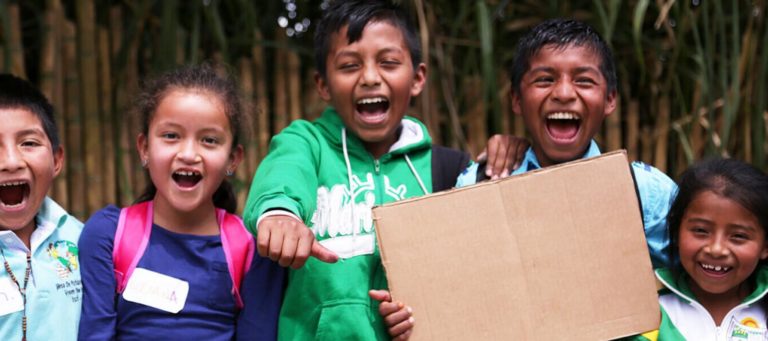
Colombia
The number of Venezuelans who have fled into Colombia has grown exponentially, from 40,000 in 2015 to 2.4 million by the end of 2020, making this protracted humanitarian crisis the largest in the Western Hemisphere and among the largest globally. Another 2 million Venezuelans go back and forth across the border on a regular basis to access basic services, including education.
This mass movement puts already vulnerable children and youth at increased risk. Girls – adolescent girls in particular – are at risk of sexual and gender-based violence, sexual exploitation, abuse and early marriage and pregnancy. Boys face the risk of being forcibly recruited into criminal gangs and other armed groups.
Colombia allows all Venezuelan children and youth to enroll in its national education system regardless of their immigration status. The number of Venezuelan children and youth enrolled in Colombia’s formal education system has increased ten-fold over the last two years, from 34,000 in 2018 to 334,000 in 2020. Nevertheless, COVID-19, insufficient absorption capacity at schools, severe financial constraints, lack of teaching and learning materials, and discrimination and xenophobia are keeping many out of school.
The Colombia multi-year resilience programme benefits from US$12.4 million in catalytic grant financing from ECW, to be implemented by Save the Children ($10.7 million) and UNICEF ($1.7 million), together with the Norwegian Refugee Council, World Vision, Plan International and national NGOs, including national education secretariats to ensure as many children as possible are provided education.
The initial programme will run for three years, with the goal of leveraging an additional US$70.5 million in co-financing from national and global partners, the private sector and philanthropic foundations. The programme will reach at least 30,000 children through early childhood education, 90,000 children through primary education, and 30,000 children through secondary education.
The ground-breaking multi-year program bridges immediate humanitarian needs and longer-term development efforts strengthening the humanitarian-development nexus approach and targets 11 priority departments across the north and the north-east of the country, where over 80 per cent of Venezuelan children and youth are enrolled.

Ecuador
Since 2015, about 1.5 million Venezuelans have fled to Ecuador. While many travelled onward to Peru and to other countries, some 380,000 people remain. Drastic budget cuts and an escalating social and economic crisis in the country are reducing the nation’s capacity to deliver basic human services, such as education and healthcare.
Recent data from the World Bank indicates that more than 30 per cent of Venezuelans who have sought safety suffer from chronic malnutrition. Most of them lack access to education, health, housing and livelihoods, and many have been victims of sexual and gender-based violence, including human trafficking for sexual exploitation.
Despite these challenges, the number of Venezuelan children and youth enrolled in Ecuador’s formal education system has more than quadrupled over the last two years, from 10,730 in 2018 to 47,319 in 2020. Nevertheless, approximately 35,000 Venezuelan children and youth living in Ecuador remain out of school.
Education Cannot Wait is allocating an initial catalytic grant of US$7.4 million in Ecuador, to be implemented by UNESCO in collaboration with UN and Civil Society Organizations, and calls on public and private sector donors to help fully fund the remaining US$32 million gap for the education-in-emergency response. Fully funded, the programme will reach 105,000 children and youth, including 64,000 girls and adolescent girls, and 10,000 children with disabilities.
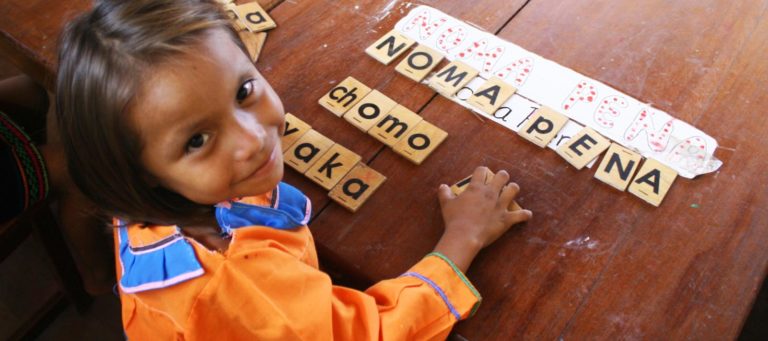
Peru
According to the Regional Inter-Agency Coordination Platform for Refugees and Migrants from Venezuela, there are an estimated 830,000 Venezuelans who have escaped to Peru. The COVID-19 pandemic and associated quarantine measures in Peru have taken a severe toll, particularly on Venezuelan children, adolescents and their families. Children and youth are now dealing with multiplying risks including hunger, poverty, an increase in mental health problems and gender-based violence. There are notable spikes in the number of missing girls, abuse, and unintended and early pregnancies.
The Government of Peru is making important strides to include forcibly displaced Venezuelan children and youth into the nation’s education system. Ministry of Education data indicates that a total of 96,613 Venezuelan migrant and refugee students (52,319 girls and 44,294 boys) are enrolled in Peruvian schools (2020), a number which has steadily increased over recent years. Despite these efforts, there are 67,957 refugee and migrant children (33,234 girls and 34,723 boys) who are not registered in the Ministry of Education’s system.
Education Cannot Wait is allocating an initial catalytic grant of US$7.4 million in Peru, to be implemented by UNICEF in collaboration with UN and Civil Society Organizations. With the US$7.4 million in catalytic grant funding from ECW, the three-year multi-year resilience programme in Peru calls on donors and the private sector to help fully fund the remaining US$14 million gap for the education-in-emergency response.
Once fully funded, the programme will reach 100,000 children and youth – particularly Venezuelan girls and boys – and improve the inclusivity and quality of the Peruvian education system. The ECW seed grant responds to the pressing needs of 30,000 children and adolescents.
About Education Cannot Wait (ECW):
ECW is the first global fund dedicated to education in emergencies and protracted crises. It was launched by international humanitarian and development aid actors, along with public and private donors, to address the urgent education needs of 75 million children and youth in conflict and crisis settings around the world. ECW’s investment modalities are designed to usher in a more collaborative approach among actors on the ground, ensuring relief and development organizations join forces to achieve education outcomes. Education Cannot Wait is hosted by UNICEF. The Fund is administered under UNICEF’s financial, human resources and administrative rules and regulations, while operations are run by the Fund’s own independent governance structure.
On Twitter, please follow: @EduCannotWait @YasmineSherif1 @KentPage
Additional information available at: www.educationcannotwait.org
To support our efforts and donate to Education Cannot Wait, text ‘ECW’ to 707070 (*from the US and Canada only) or visit www.pledgeling.com/ECW.
For press inquiries:
Anouk Desgroseilliers, adesgroseilliers@un-ecw.org, +1-917-640-6820
Kent Page, kpage@unicef.org, +1-917-302-1735
For other inquiries: info@un-ecw.org
For Press Inquiries:
Anouk Desgroseilliers:
adesgroseilliers@un-ecw.org
+1-917-640-6820
Kent Page:
kpage@unicef.org
+1-917-302-1735

